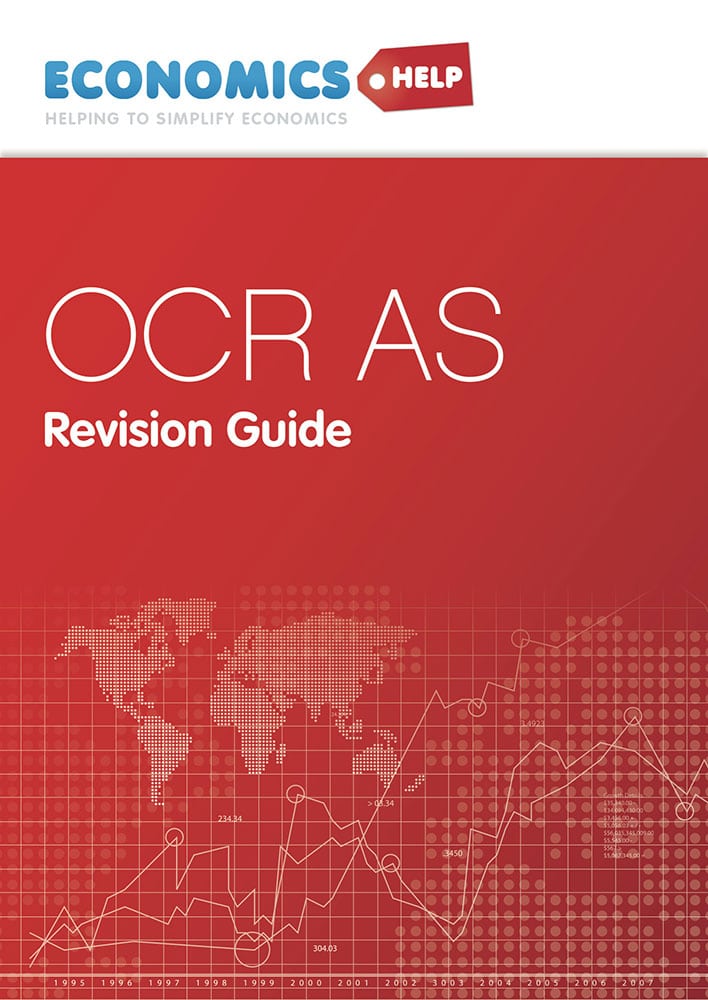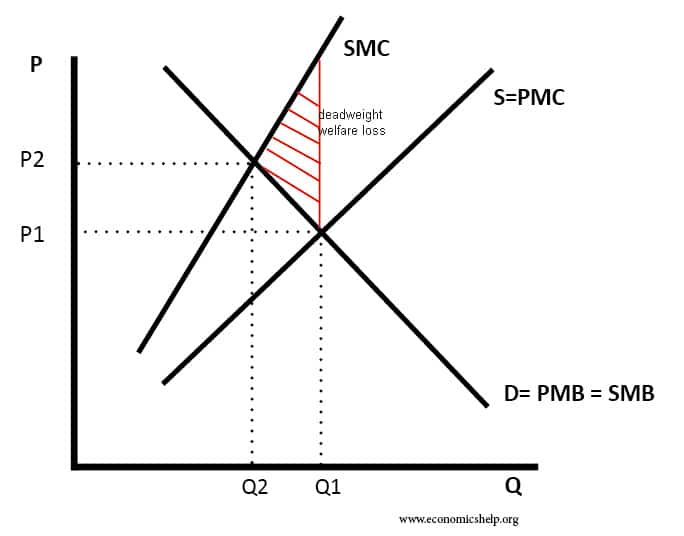Types of Tax in UK
Main types of tax in the UK Income tax – This a tax on people’s income. The basic rate of income tax is 20%, paid on income over the income tax threshold of £10,400. National insurance contributions. Another type of income tax is national insurance contributions, which are based on a similar principle of taking …


